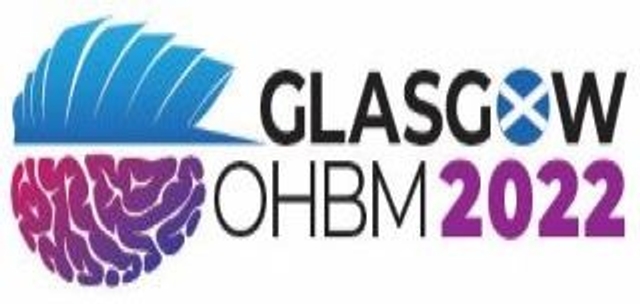
OHBM 2022 Annual Meeting
The 28th Annual Meeting of the Organization for Human Brain Mapping was held June 19-23, 2022 at the SEC Centre in Glasgow, Scotland. This event marked the return to...
Welcome to OHBM OnDemand!
This online portal is designed to provide you with access to educational
resources dedicated to those using neuroimaging to discover the organization of
the human brain. Stay connected to
OHBM’s website and social media links as we continue to add educational content
to OHBM OnDemand.
The content is
provided for educational purposes only and does not indicate an endorsement by
OHBM.
The works on this site are licensed under a
Creative Commons Attribution 4.0 International License.

OHBM 2022 Annual Meeting
The 28th Annual Meeting of the Organization for Human Brain Mapping was held June 19-23, 2022 at the SEC Centre in Glasgow, Scotland. This event marked the return to...

OHBM 2021 Annual Meeting
MEMBERS ONLY: The 27th Annual Meeting of the Organization for Human Brain Mapping was once again held as a virtual experience for engaging minds and empowering brain...

OHBM 2021 Educational Courses
MEMBERS ONLY: The 2021 Organization for Human Brain Mapping Educational Courses were once again held as a virtual experience for engaging minds and empowering brain...

OHBM 2020 Annual Meeting Materials
The 26th Annual Meeting of the Organization for Human Brain Mapping was reimagined and held as a virtual experience for engaging minds and empowering brain science.

OHBM 2019 Annual Meeting Materials
The OHBM Annual Meeting is the place to learn about the latest international research across modalities in human brain mapping. It is an opportunity for you to have...

OHBM 2018 Annual Meeting Materials
The 24th Annual Meeting of the Organization for Human Brain Mapping was held June 17-21, 2018 at the Suntec Singapore.